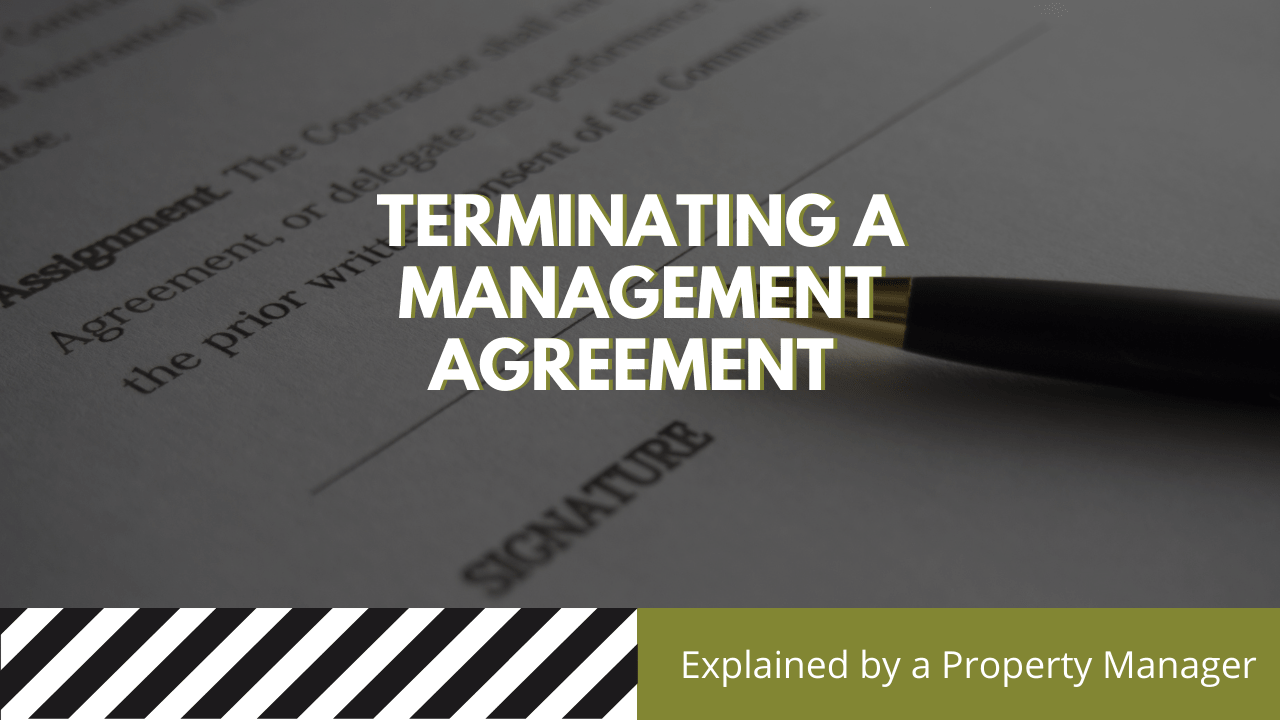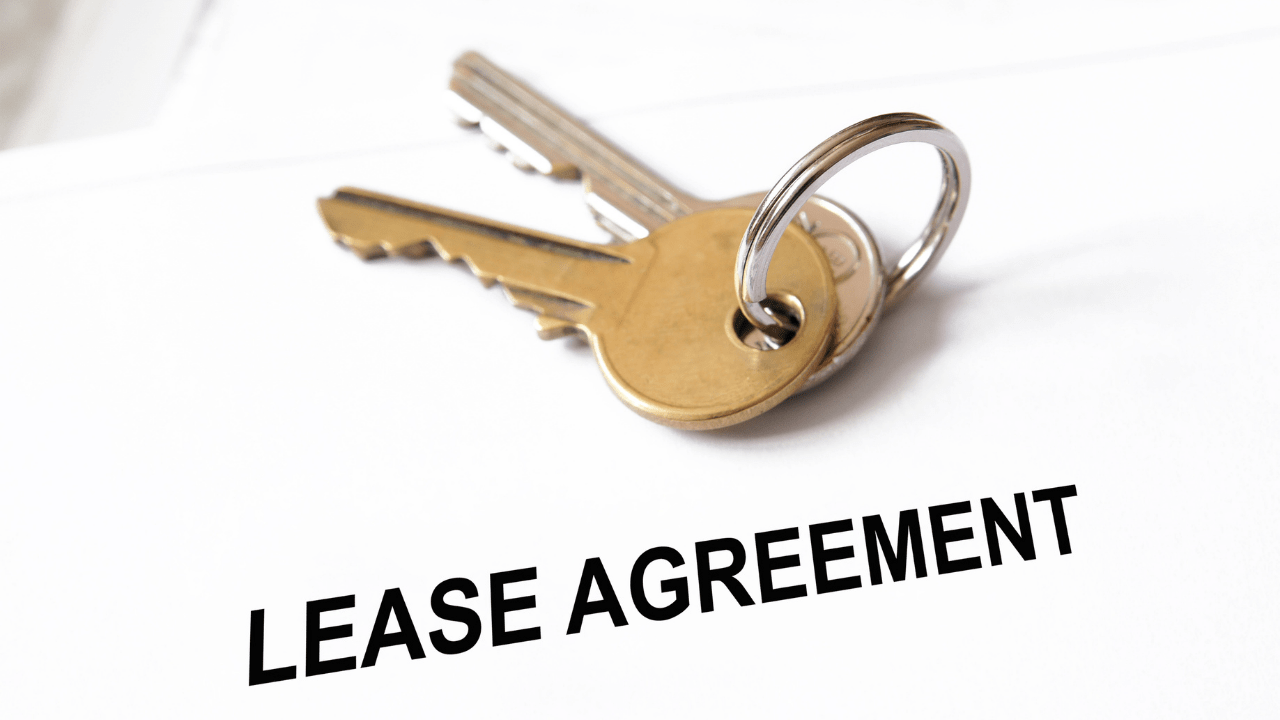Every company will have different policies for cancelation. There may be fees, long notice periods, and other steps to check off the list before you’re free and clear. The first thing you should do is review your management agreement. If you have signed with the management company for a specific amount of time, determine whether it’s worth waiting until the end of the contract term or if you need to break the contract right now.
Most management agreements will include conditions for the termination of your agreement. Find out how the transition works. If you’re moving over to another company, your new property manager can take the lead in coordinating with your old property manager, and that will save you a lot of time and stress. Your new management company will need lease documents, maintenance histories, and tenant information.
At Florida Property Management Services, we know we do a great job managing Fort Lauderdale rental properties, so unless an owner stops renting out a home, there’s rarely a reason to cancel an agreement with us. But, we believe in keeping our agreements flexible and owner-friendly.
If you’d like to hear more about this or any of our leasing, management, and real estate services, please don’t hesitate to contact us at Florida Property Management Services.















